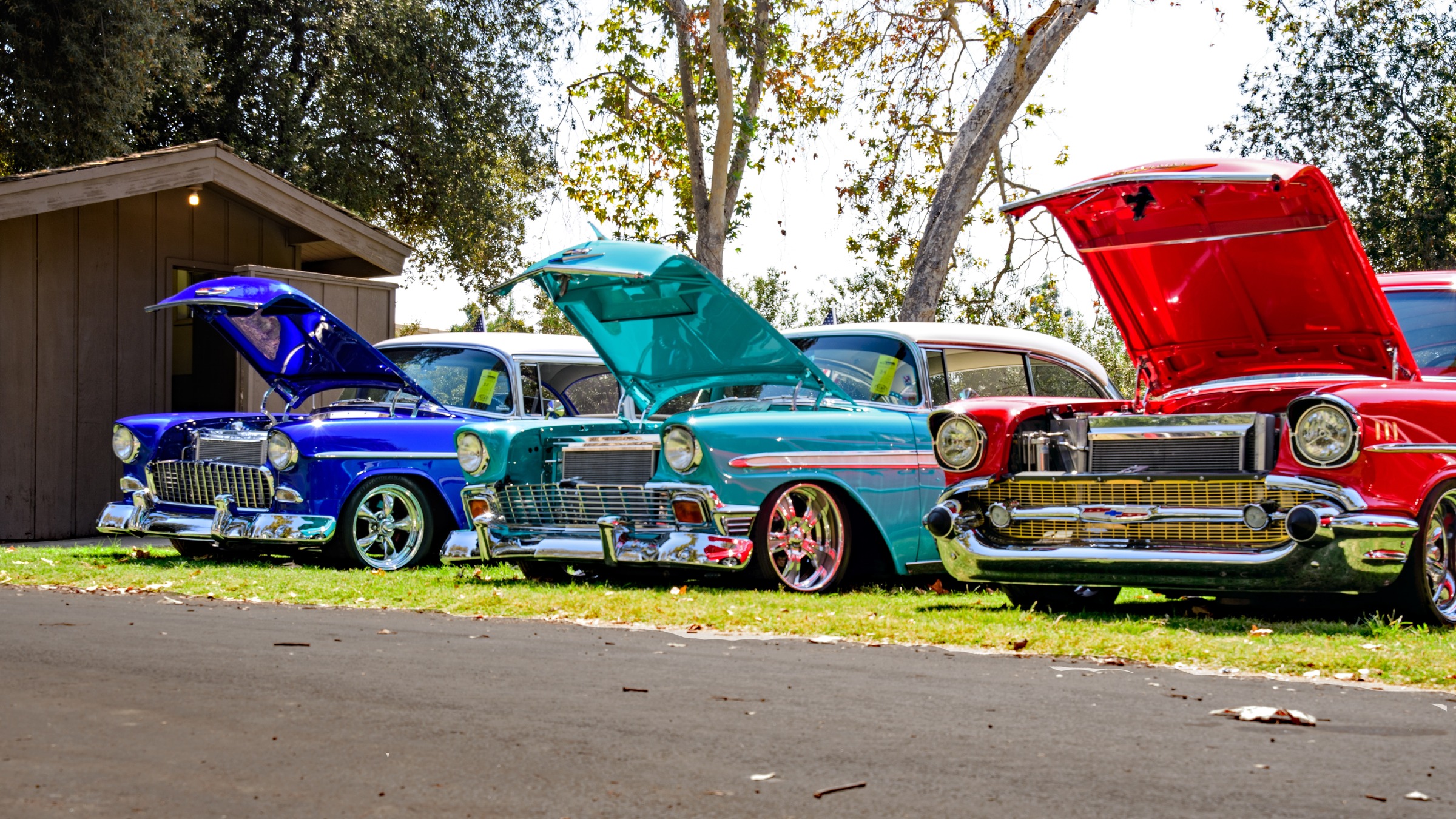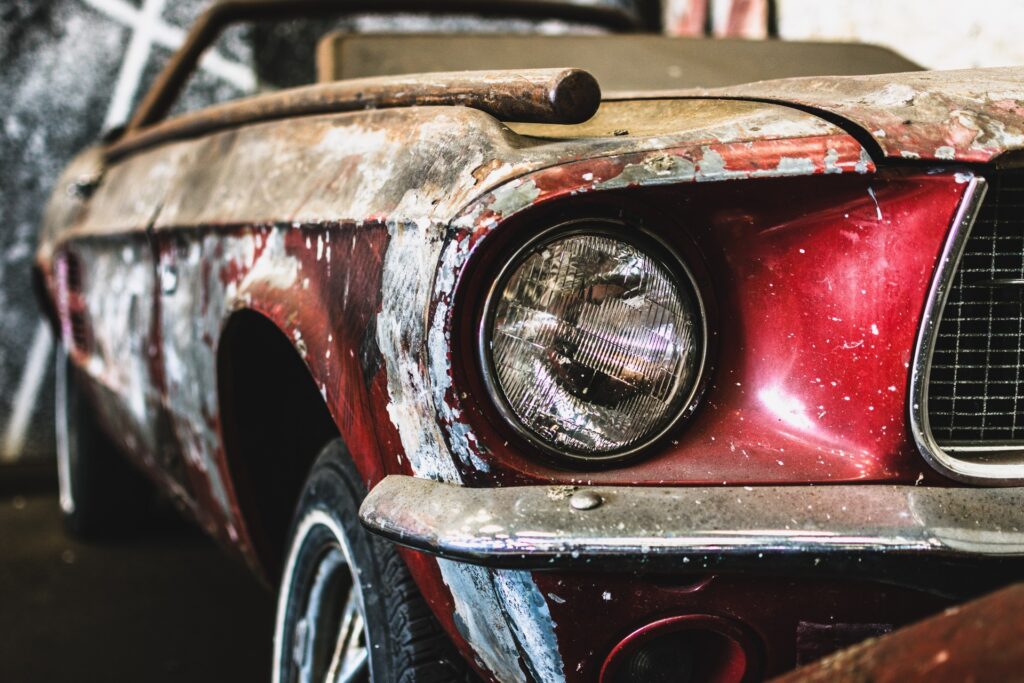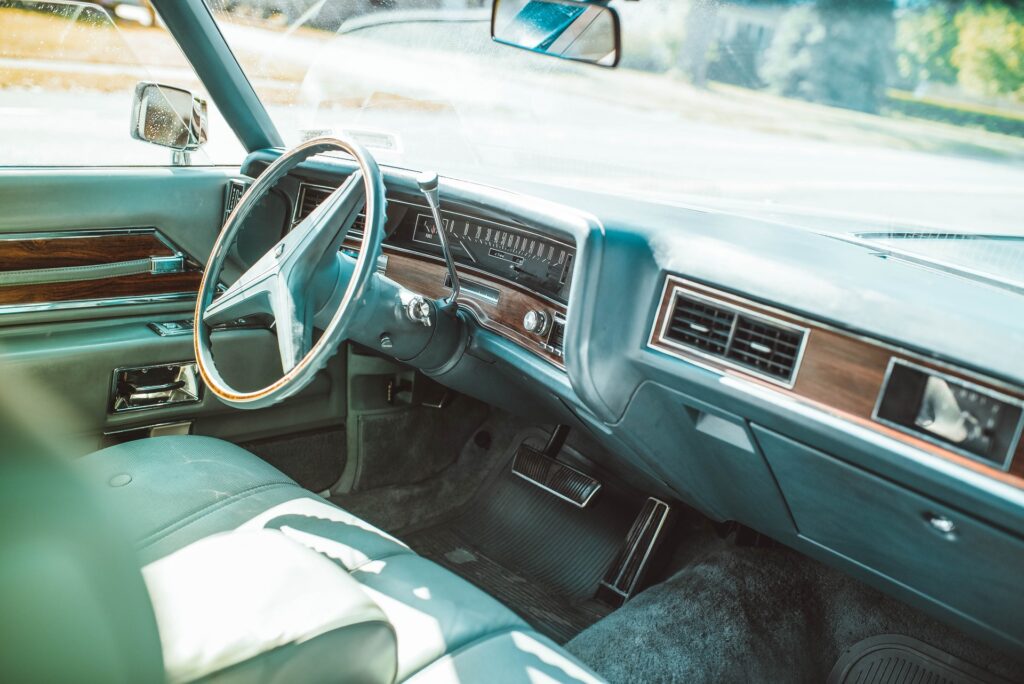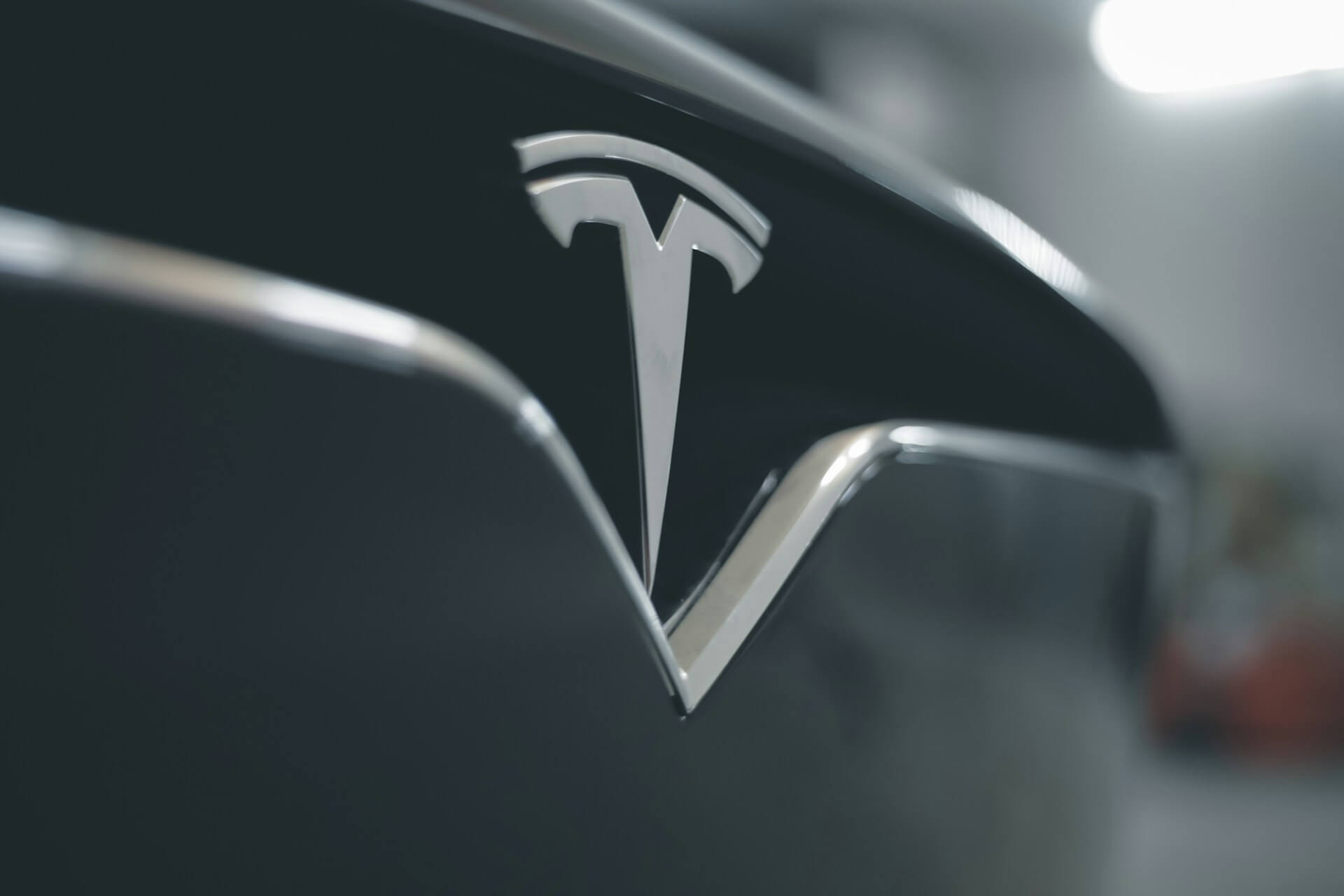Classic Car Repair: When Is It Not Worth Repairing a Car? (Updated for 2024)
Jan 03, 2024

As an Amazon Associate, Modded gets commissions for purchases made through links in this post.
Who says there’s no such thing as love at first sight? There’s love and then there’s infatuation, and it takes a wise man to know the difference. You might be infatuated with your old vehicle, but a classic car repair sometimes isn’t the practical thing to do.
Let’s say somebody wants to sell you his old ‘69 Chevy. You don’t mind giving a little love to that set of wheels, but will it break the bank (or your heart) to get it back to gorgeous condition? When is it not worth repairing a car?
These are tough questions for car lovers, but it’s important to answer them and determine the best move. Here are five ways to determine whether or not your infatuation will get you hitched to a problematic relationship. On the other hand, you could start a loving match in your garage.
1. Rust Is Not Kind (On Your Wallet)
If there’s one thing mechanics and car enthusiasts can agree on, it’s that rust is like cancer for any vehicle. Corrosion from oxidation will gut even somewhat newer cars from bumper to bumper if it’s left unchecked.
Rust is an especially concerning problem for classic car repairs. Certain parts may not be easy to find and replace, which means you might have to get them fabricated. If you encounter this problem, then it’s probably not worth repairing a car.

Rust is also a strong sign that the vehicle may have been a flood car. Flood cars can be absolute nightmares for their owners, so you should steer clear of them. However, if you spend your time in drier climates, then there’s a good chance that this one’s a keeper.
Cars are less prone to rust in dry and warm climates. Plus, these regions usually aren’t near the coast and don’t use as much road salt for wintery road conditions. Salt is a huge contributor to car corrosion in all shapes and forms. A classic car that spent most of its life in the American Southwest or another desert region could be a diamond in the rough.
2. Paperwork? If Not, Then Stay Away
If you’re buying a classic car and the seller doesn’t have any paperwork, don’t even consider the purchase. The seller should have a registration, title or a 50-year-old receipt at the very least. It’s not worth repairing a car if you don’t know its accident and repair history. This information is indispensable both for practical and legal reasons.
If you become the new owner of a vehicle with no paperwork, then you’ve just picked up a new liability. Now, you’re directly in the DMV’s line of fire. They don’t like unregistered vehicles without paperwork and will ensure you’re aware of that fact when you pay the fines.
You could re-register the vehicle under your state’s laws after the purchase, but there’s no guarantee that it will pass the inspection. One of the main reasons people try to sell unregistered vehicles is because they can no longer pass routine inspections. What good is a classic car repair if you can’t legally drive the car?
3. Take It For a Test Drive If Possible
It’s absolutely crucial that you give the car a test drive before deciding if it’s worth making any repairs. See how it accelerates, shifts and brakes in its current condition. It’s not easy to identify every problem on a simple test drive, but you should still trust your intuition and knowledge of vehicles.
You can usually tell there’s a serious problem if the transmission’s timing is off or there’s something wrong with the way the engine purrs. If you notice something wrong, don’t be afraid to ask the seller a question or two about the vehicle while on your test drive.

Just take what they say with a grain of salt because at the end of the day, their goal is to have your money in their pocket. Use open-ended questions like “What kind of problems has the engine had?” instead of “Has the engine had any problems?” Force them to give you more information besides “yes” and “no” answers.
If the seller doesn’t want you to test drive the vehicle, then walk away and stop wasting your time. It can only mean that the car isn’t registered, isn’t running properly, or might not run at all. A classic car repair is only worth the costs if you’re starting from a reasonable point, not from scratch. You might as well buy a brand-new car at that point.
4. Look Under the Hood
Frankly, you probably shouldn’t be looking to drop your dollars on a classic car repair if you don’t know anything about working on older engines and other outdated car components. If you really know your stuff, then a good look under the hood will give you a solid idea of whether or not it’s worth repairing the car.
However, it’s important to reiterate that if you notice signs of rust and corrosion under the hood, then you should probably leave this deal on the table. A classic car repair is difficult enough without a rusted engine and other severely damaged parts in the most important area of the vehicle.
5. Add Up The Costs
If you’re a veteran of the car enthusiast scene, you’ve probably heard the phrase “it needs a little work” countless times. Of course, “a little work” could mean $100 — or it could mean $10,000. To add the cost of repair into your decision, make a list of the parts you’ll need and then find prices online.
Keep in mind that not all car parts are priced equally. It depends on many factors including the manufacturer, labor charges and product price mark-ups. For example, a carburetor for that 69’ Chevy might be around $165, one for a 69’ Mustang could be $300 and one for a ’69 Porsche 912 will cost you $700.
6. The Little (Big) Things Matter
One of the most basic reasons for purchasing a classic car is to experience the “little” things. Small features like the upholstery, emblems, ornaments, logos, dials and stylish accessories make the car what it is — a classic collector’s item. If you need to replace half the interior and original parts, then it might not be worth repairing.

A dirty, dusty interior can be cleaned with a little loving elbow grease. However, ripping up and replacing everything just defeats the purpose of why you’re buying a classic in the first place. Of course, if your whole reason for getting the car is to restore it, then go ahead, and have fun!
Classic Car Repairs — Not Always Worth It
It’s not worth repairing a car when the damage is too great — especially if the damage is rust — or if the seller refuses to provide adequate information. If you’re still not sure, take the car for a test drive, look under the hood or estimate the costs of the parts you’ll need. In any case, the moral of the story is that classic car repairs are not always worth it — not by a long shot.
Original publish date 1/7/2015 — Updated 1/3/2024





